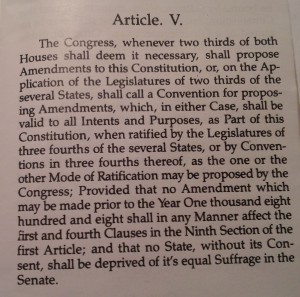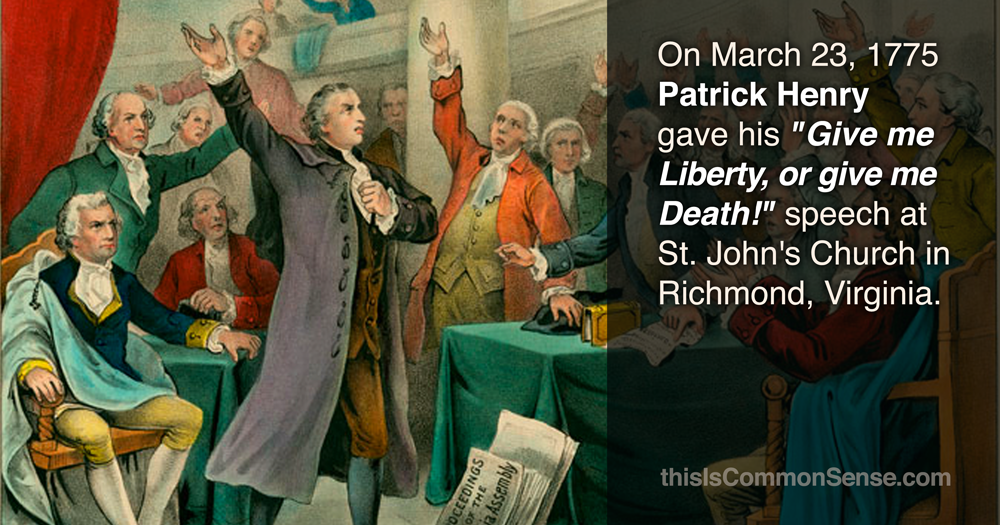Hertz has begun installing cameras in their rental cars as part of a system called NeverLost. But don’t worry, they’ve got no plans (they say) to use them (yet).
“The camera feature has not been launched, cannot be operated and we have no current plans to do so,” Hertz spokesman Evelin Imperatrice assures us. I guess Hertz is with St. Augustine about how all that exists time-wise is a vanishingly small present moment, inasmuch as the past is already gone, the future not yet here. Ergo, nothing to worry about.
Nevertheless, customers are worried.
“I even felt weird about singing in the car by myself,” says one.
“The system can’t be turned off from what I could tell,” reports another. “[And] the camera can see the entire inside of the car. I know rental car companies have been tracking the speed and movements of their vehicles for years but putting a camera inside the cabin of the vehicle is taking their need for information a little too far.”
I’m all in favor of extensive monitoring of police and others with government-conferred power over us, in a position to easily abuse that power. I’m not in favor of indiscriminate spying by everybody on everybody. Or of any gearing up to do that.
What to do? A little bit of tape over the lens, that’s one option. Another: boycott Hertz until they rip the cameras out. Or at least make them easy to turn off.
This is Common Sense. I’m Paul Jacob.







